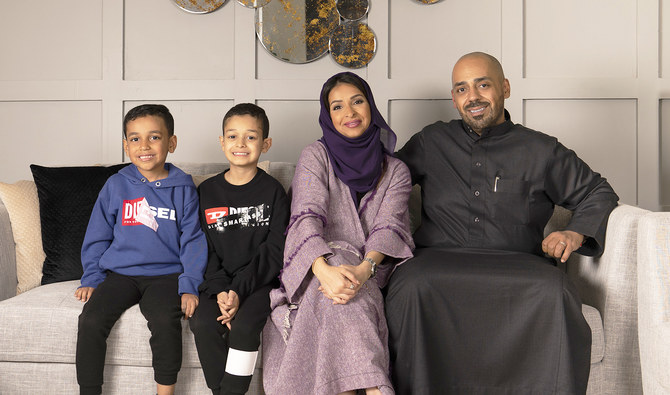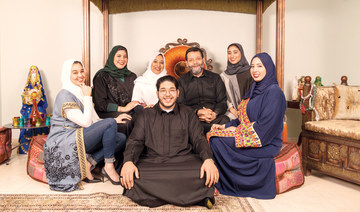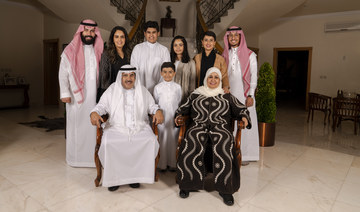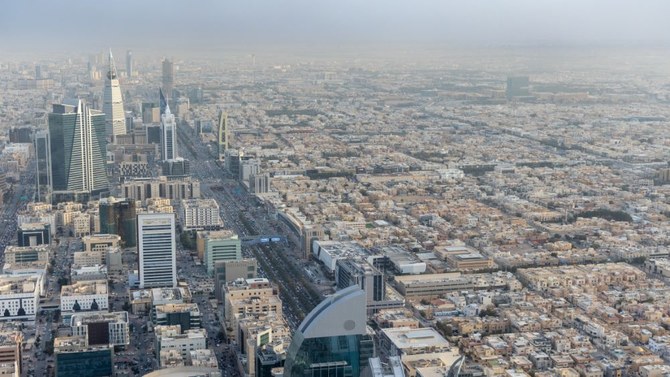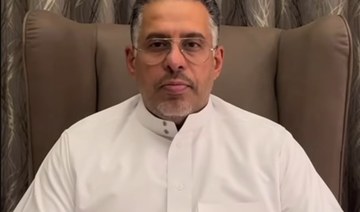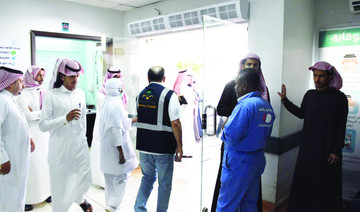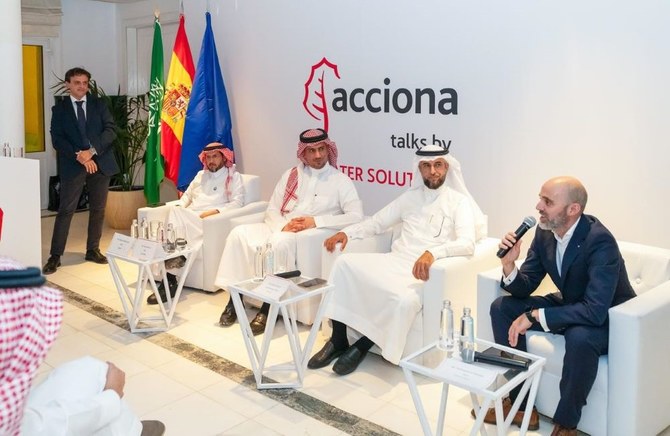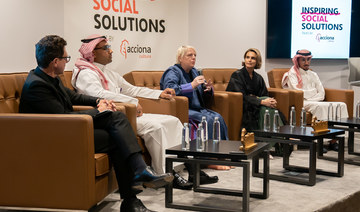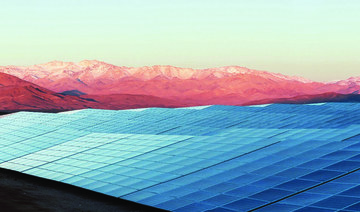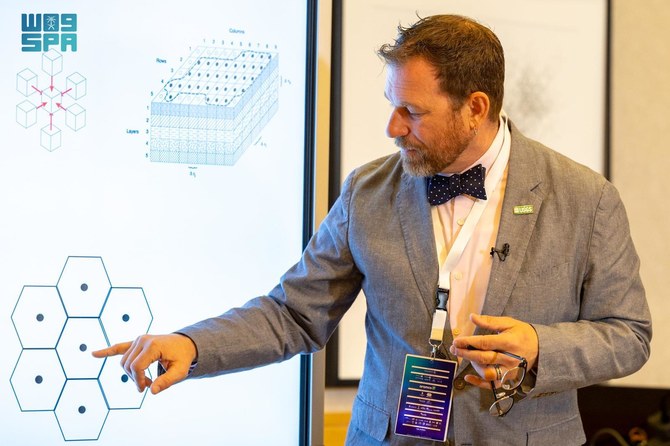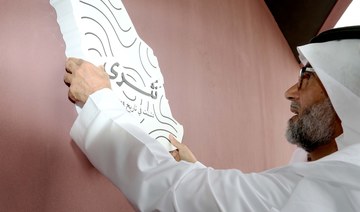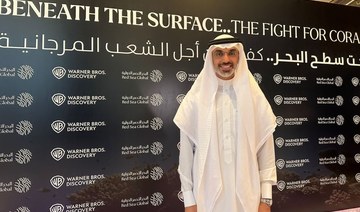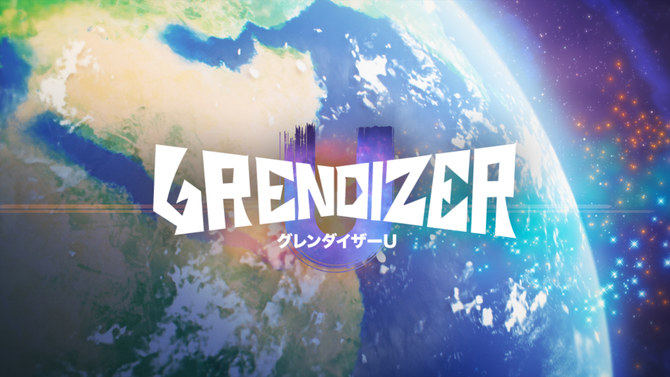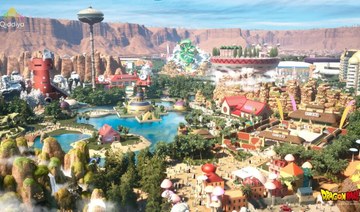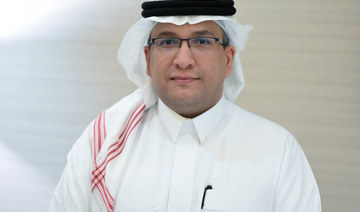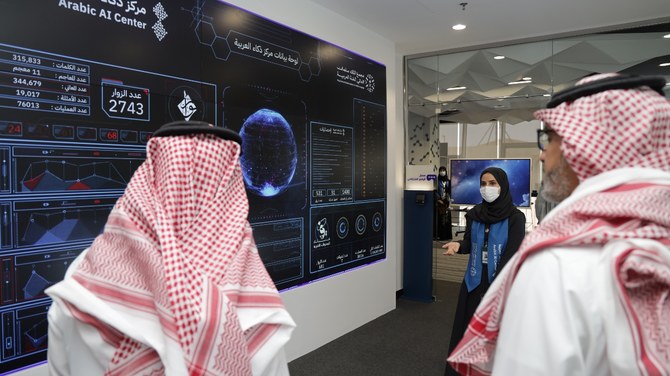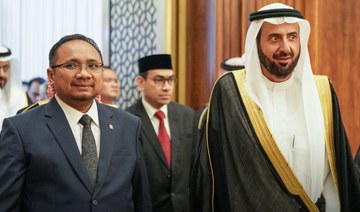Setting goals for myself and leaving a good impression on my community is something I have always strived for, to help bring about positive outcomes, influence those around me, and also assist others in seeking their goals.
I started from zero and have learned everything I know today through my journey.
I am the chief executive officer and founder of La Rustica, the only pizzeria that specializes in Neapolitan pizza in Riyadh.
I studied information technology at King Saud University in Riyadh. It was a good experience and made an impact on me, as IT provided me with the tools to think differently and more constructively in my professional and personal life. It wasn’t just a degree, it reflected greatly on how I managed many things.
I am a middle child from a family of seven and my father was a general in the Saudi Arabian Army. He was very disciplined and that reflected on us all. We became very responsible and hardworking because we knew how to be disciplined in work and personal life, a lesson I learned and found to be beneficial later in life.
Both my parents were major influences in my choosing a healthy lifestyle for my family. My father’s teachings and firm ways shaped me, and I learned that when opening my restaurant, through hard work and discipline, I would be able to achieve my goals.
My mother had a loving nature that balanced our strict upbringing, with my love for the kitchen coming from her and my grandmother before her. It is hereditary; we cooked everything at home, and I grew to love it. I follow a healthy lifestyle in my own home and that passion has grown into something that is great.
Working in the banking sector for five years, I learned about work ethics, teamwork, and how to sustain a healthy working environment, but I always felt I wanted to create something better and have my own success story. I wanted to see more results; I am a very hard worker and always want to do better.
I got married while I was still a bank worker and we later had our son Rakan. I found that motherhood was the biggest challenge for every woman. It was difficult to balance an exhausting position and parenting. It was almost impossible.
My great love for Rakan was what encouraged me to find a more flexible working environment, a good job I could excel at, but one which would also allow me to spend more time with my growing family.
I want to be a good mother before anything else, a good wife, a good daughter to my parents; these are my most important values.
An idea was brewing in my head and I started exploring areas I was most interested in, looking into what I was good at, what would give me the chance to be creative, and how to turn that into a project. I came to the realization that I wanted to be a restaurateur.
I have a knack for anything culinary and I focused on food that was not available in Riyadh. I discovered that although the city had a lot of good pizza restaurants, something was missing.
I started brainstorming in late 2012 for six months, trained in Napoli between 2013 and 2014, and became a certified pizzaiolo in 2014. There was a history lesson alongside my culinary experience in Naples, receiving a special certificate as a result.
By 2015 I had decided to open a Neapolitan pizzeria as there were none in Riyadh at the time. The recipe for this style of pizza has been handed down through generations for thousands of years.
My husband, Sultan Al-Shmassy, has supported me every step of the way, from planning the opening of La Rustica to our trips to Italy, and we pass on the same ethics to our sons Rakan and Ibrahim.
What makes our restaurant special is that during La Rustica’s early development stages, I found that many restaurants used processed foods. I wanted the healthy lifestyle I have in my household to be reflected in La Rustica, and I believe I have achieved that. It is the essence of La Rustica, a Saudi brand that provides food made with the best and freshest of ingredients, a motto I truly believe in and have implemented. People are often surprised that it is a Saudi brand. What I want them to know is that you do not have to bring something from abroad for it to be special.



